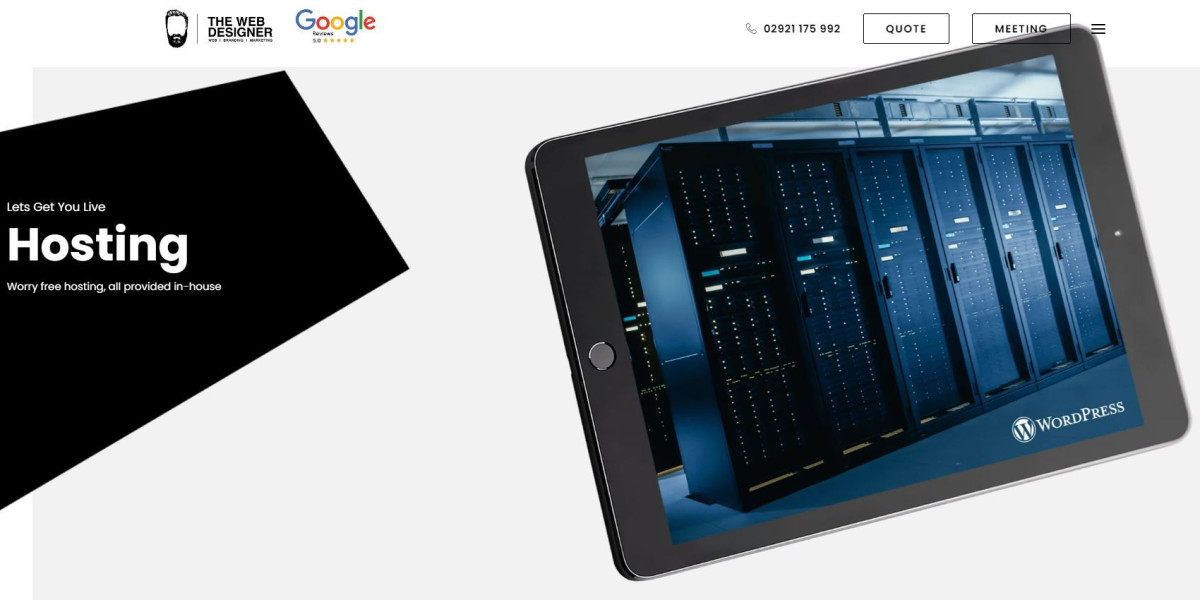Innovative Web Development Strategies for Modern Businesses
In the digital age, a robust online presence is vital for modern businesses. Innovative web development strategies can set your business apart, driving engagement, enhancing user experience, and ultimately boosting growth. Here's a deep dive into some cutting-edge strategies that can help modern businesses thrive online.
Embracing Progressive Web Apps (PWAs)
Progressive Web Apps (PWAs) combine the best features of web and mobile applications, offering a seamless user experience across all devices. PWAs are designed to be fast, reliable, and engaging, with offline functionality and push notifications that keep users connected even without an internet connection. By adopting PWAs, businesses can provide a superior user experience, increase engagement, and improve conversion rates.
Leveraging Artificial Intelligence (AI) and Machine Learning (ML)
AI and ML are transforming web development by enabling personalized and intelligent user experiences. Chatbots powered by AI can provide 24/7 customer support, while ML algorithms can analyze user behavior to offer personalized recommendations and content. Integrating AI and ML into your web development strategy can enhance user satisfaction, streamline operations, and provide valuable insights into customer preferences.
Prioritizing Mobile-First Design
With the majority of internet users accessing websites via mobile devices, a mobile-first design approach is essential. This strategy involves designing the mobile version of your website first and then scaling up for larger screens. Mobile-first design ensures that your site is optimized for performance and usability on mobile devices, leading to improved user experience, higher engagement, and better search engine rankings.
Utilizing Responsive Design
Responsive design is critical for providing a consistent and user-friendly experience across all devices. By using flexible grids, layouts, and media queries, responsive design ensures that your website adapts seamlessly to different screen sizes and resolutions. This approach not only enhances user experience but also improves SEO, as search engines favor mobile-friendly websites.
Integrating Voice Search Optimization
As voice search becomes increasingly popular, optimizing your website for voice queries is a must. This involves using natural language processing (NLP) techniques, focusing on long-tail keywords, and providing concise, relevant answers to common questions. By incorporating voice search optimization into your web development strategy, you can reach a wider audience and stay ahead of the competition.
Enhancing User Experience with Microinteractions
Microinteractions are subtle design elements that enhance user experience by providing feedback and encouraging engagement. Examples include hover effects, button animations, and loading indicators. These small but impactful details can make your website feel more interactive and intuitive, leading to increased user satisfaction and longer site visits.
Implementing Accelerated Mobile Pages (AMP)
Accelerated Mobile Pages (AMP) is an open-source framework designed to make web pages load faster on mobile devices. By using AMP, businesses can improve page load times, reduce bounce rates, and enhance overall user experience. Faster-loading pages are also favored by search engines, leading to better SEO performance.
Prioritizing Security and Data Privacy
In an era where data breaches and cyber threats are common, prioritizing security is crucial. Implementing HTTPS, using strong encryption, and regularly updating your software are essential steps to protect user data. Additionally, complying with data privacy regulations, such as GDPR and CCPA, builds trust with your users and safeguards your business reputation.
Read this for more info: Hosting Cardiff
Adopting Headless CMS
A headless CMS decouples the backend content management system from the frontend presentation layer. This approach offers greater flexibility and allows businesses to deliver content across multiple platforms and devices. By adopting a headless CMS, you can streamline content management, improve site performance, and create a more dynamic user experience.
Emphasizing Performance Optimization
Website performance directly impacts user experience and search engine rankings. Strategies such as optimizing images, minimizing HTTP requests, and leveraging browser caching can significantly improve page load times. Regularly monitoring and optimizing your website’s performance ensures a smooth and efficient user experience, leading to higher engagement and conversion rates.








